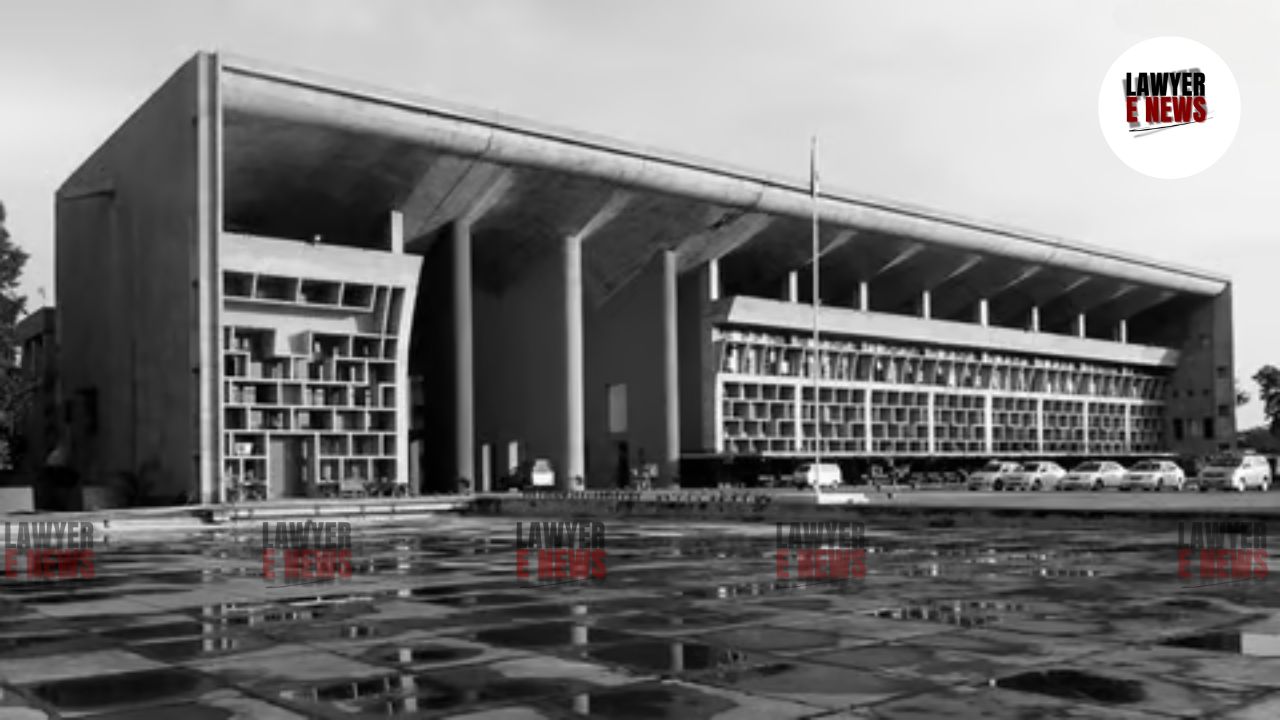-
by Admin
15 February 2026 2:36 AM



On September 16, 2024, the Punjab and Haryana High Court, presided by Justice Anoop Chitkara, quashed an FIR registered under serious charges, including Section 307 of the Indian Penal Code (IPC), in Tahira & Others v. State of Haryana & Others. The Court, invoking its inherent powers under Section 482 of the Criminal Procedure Code (CrPC), dismissed the FIR and all related proceedings based on a genuine compromise reached between the petitioners and the aggrieved parties. The case, involving a fight with allegations of grievous injuries, was settled amicably, and the Court ruled that pursuing the prosecution would be unnecessary and futile.
The FIR was lodged against Tahira and others under Sections 148, 149, 323, 341, 506, and 307 IPC, following an altercation that resulted in alleged grievous injuries. The petitioners sought quashing of the FIR and all consequential proceedings, relying on a compromise reached between them and the injured parties. The aggrieved persons confirmed the authenticity of the settlement before the Magistrate, and both sides indicated that they had reconciled and did not wish to pursue the case further.
The central legal question was whether the Court could quash an FIR registered under Section 307 IPC—an offence considered non-compoundable—based on a compromise. Section 307 deals with attempt to murder and is generally treated as a serious offence that cannot be compounded between parties.
The petitioners argued that despite the nature of the charges, the injuries were not severe, and the parties had voluntarily reconciled. They contended that continuing the prosecution would disrupt the peace restored between them.
The respondents, including the State, opposed the quashing, stating that Section 307 IPC, being a grave offence, should not be quashed through a compromise.
Justice Anoop Chitkara cited judicial precedents, including Ram Prasad v. State of Uttar Pradesh, Narinder Singh v. State of Punjab, and State of Madhya Pradesh v. Dhruv Gurjar, where the Supreme Court allowed the quashing of FIRs in non-compoundable offences like Section 307 IPC if a genuine compromise had been reached and the injuries were not severe.
The High Court, in its detailed judgment, acknowledged the seriousness of the charges but emphasized that the compromise was genuine and voluntary. The Court observed that the injuries sustained in the altercation were not life-threatening, and the parties had reconciled, belonging to the same community. The Court also noted that no fruitful purpose would be served by continuing the prosecution, as the core issue had been resolved through mutual settlement.
“While Section 307 IPC is a serious and non-compoundable offence, in cases where the injuries are not grave, and a genuine compromise is reached, the Court can quash the proceedings to restore peace and harmony in society.” [Para 7]
“The continuation of the proceedings would not serve any fruitful purpose, especially when the parties have resolved their differences and wish to live peacefully.” [Para 12]
By invoking its inherent powers under Section 482 CrPC, the Court quashed the FIR and all subsequent proceedings, discharging the bail bonds of the petitioners.
In a significant ruling, the Punjab and Haryana High Court quashed an FIR under Section 307 IPC and other related charges based on a genuine compromise between the parties. The Court cited judicial precedents that allow quashing in non-compoundable offences when the injuries are not serious, and a voluntary settlement has been reached. This judgment underscores the importance of resolving disputes amicably, especially in cases where continuing prosecution would not serve the ends of justice.
Date of Decision: September 16, 2024
Tahira & Others v. State of Haryana & Others
